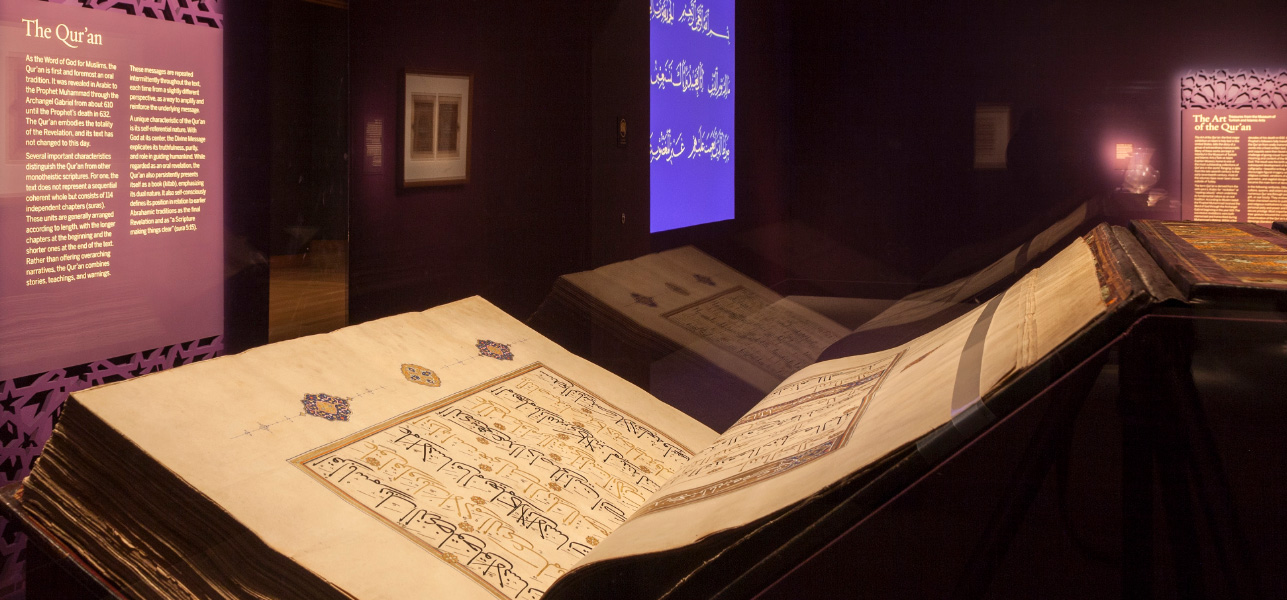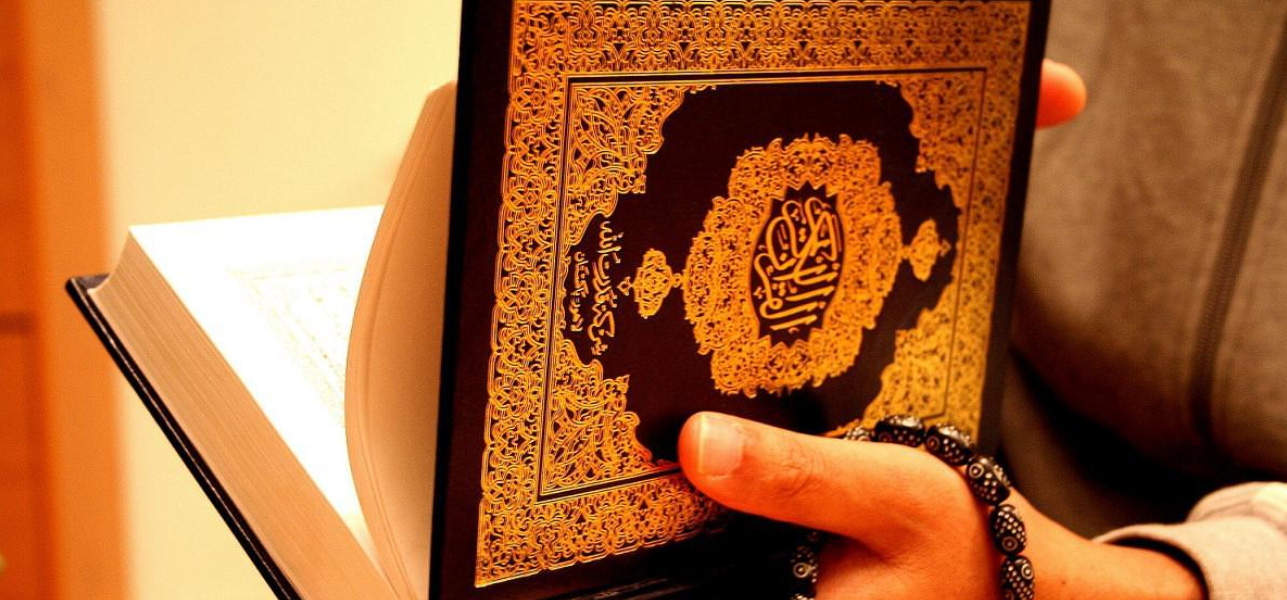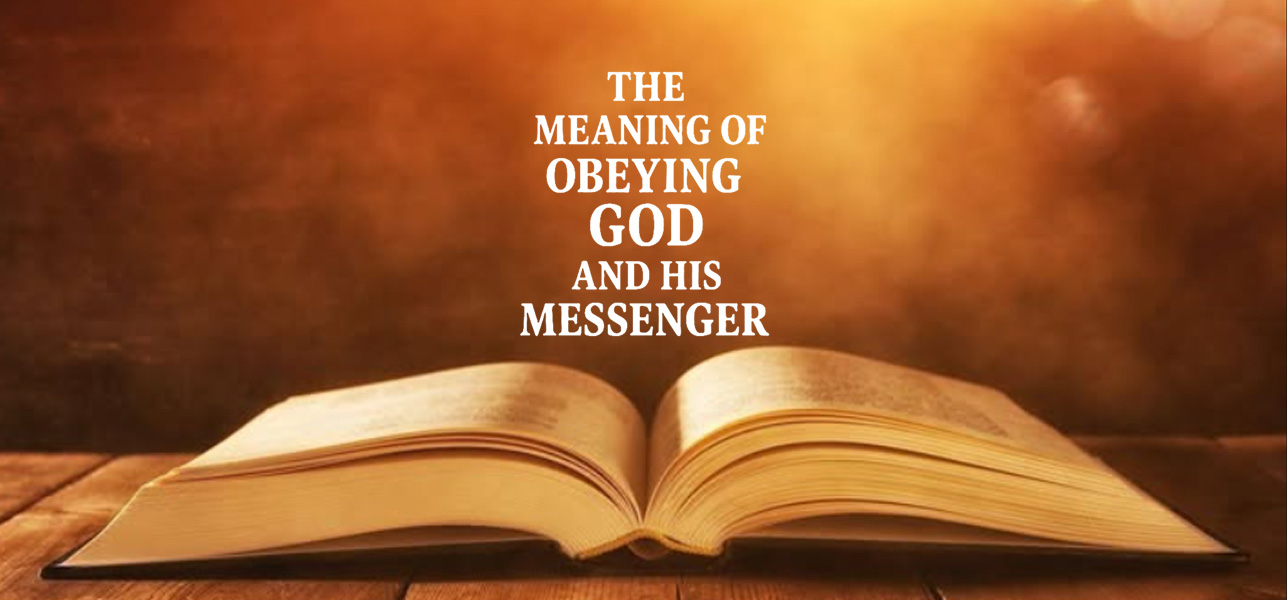The Qur’anic Architecture of the Last Day
A Glimpse into my Upcoming Three‑Volume Work, The Thematic Qur’an When the Qur’an speaks of the Last Day, it does not offer scattered images or isolated warnings. It constructs a sweeping, unified vision — a moral, psychological, and cosmic architecture that reveals the deepest truths of human existence. In my …









